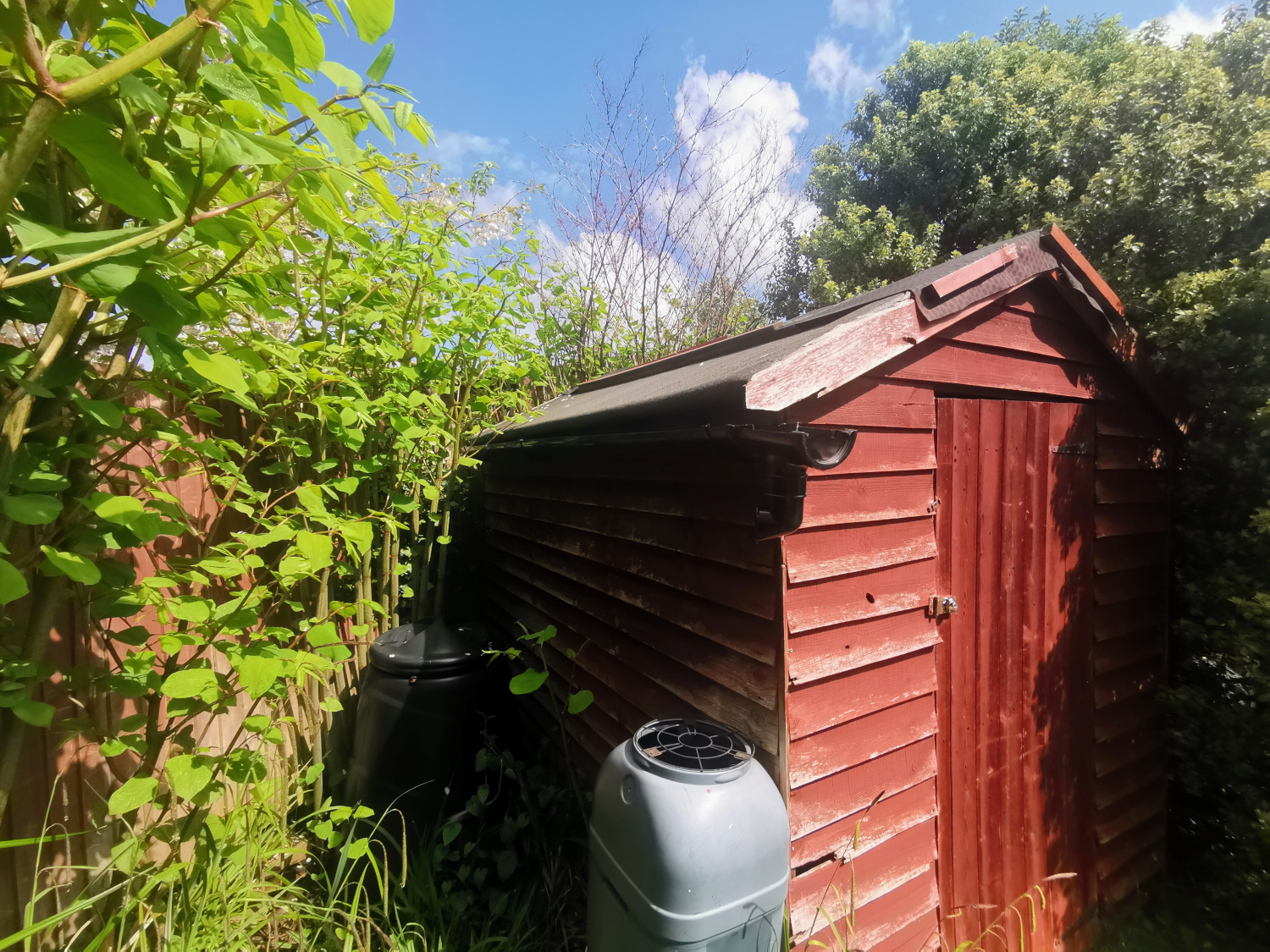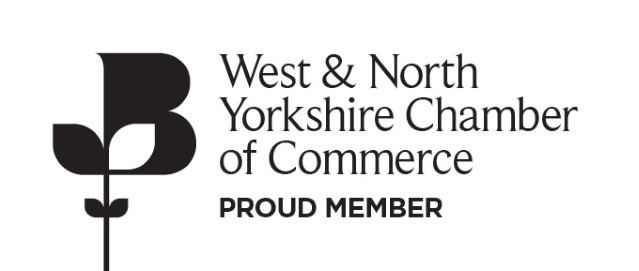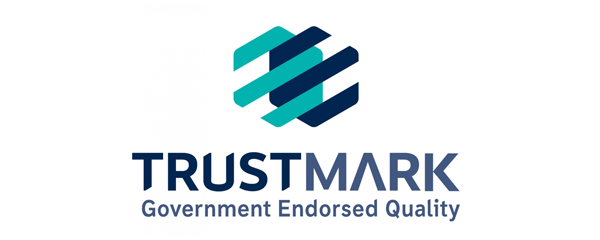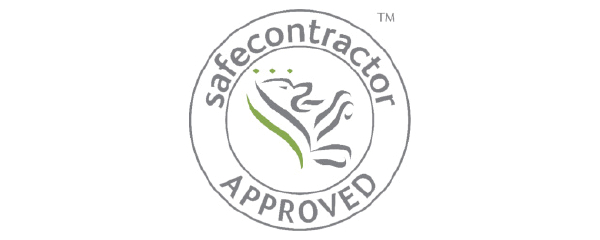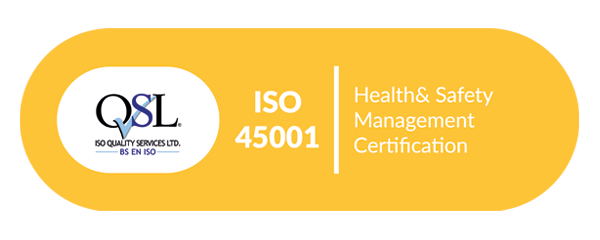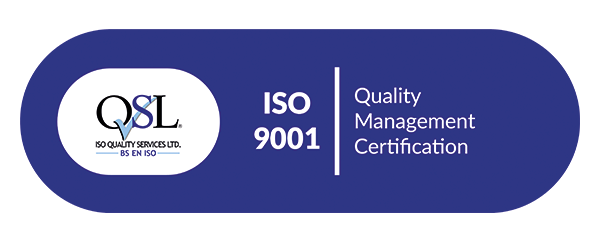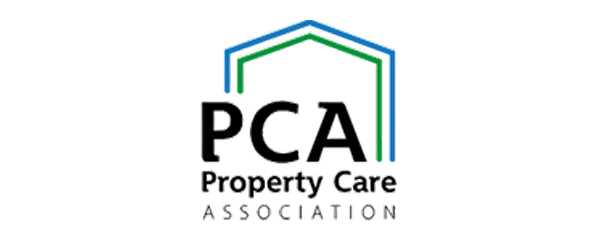As we head towards another growing season for Japanese Knotweed The Royal Institute of Chartered Surveyors (RICS) have just issued new guidance notes which will come into effect on the 23rd March of this year.
RICS last issued guidance notes back in 2012 however in the intervening years academic research along with feedback from the Property Care Association (PCA) a new approached was deemed necessary.
Guidance notes from 2012 used a grading system to determine the ‘risk’ Japanese Knotweed posed to a residential property with 4 risk categories, 1 to 4 (with number 4 being the most severe).
These risk categories looked at the distance a stand of Japanese Knotweed sat in relation to the subject property with any knotweed within 7m of habitable space being classed as a category 4 risk.
The new guidance notes are now split into 4 distinct categories, A to D, which in turn will impact on a lending decision and will note the works required to secure lending on a property suffering from an Infestation of Japanese Knotweed.
A summary of the categories, and whether they require Action, Management or Reporting, can be found below.
If you require clarification on any of these matters, contact us on 0330 8384 789 or email our General Manager Andy Ford directly:
| Category: | Description |
| A | (ACTION) Japanese Knotweed is on site, record as actually causing visible material damage to a structure. Lending advice = No Mortgage until a specialist report is obtained and a suitable management plan is agreed. Non-Lending advice = Specialist Remediation Contractor to advise appropriate action. |
| B | (ACTION) Japanese Knotweed is on site, not causing material damage to a structure but likely to prevent use of or restrict access to amenity space. Lending advice = No Mortgage until a specialist report is obtained and a suitable management plan is agreed. Non-Lending advice = Specialist Remediation Contractor to advise appropriate action. |
| C | (MANAGE) Japanese Knotweed is on site, not causing material damage to a structure and not affecting access to or use of amenity space. Lending advice = No mortgage retention. Non-Lending advice = Specialist Remediation Contractor to advise appropriate management. |
| D | (REPORT) Japanese Knotweed is off site within 3m of the subject property boundary. Lending advice = No mortgage retention except in exceptional circumstances. Non-Lending advice = Specialist Remediation Contractor to advise on possible encroachment and appropriate management |
So, what does this mean for homeowners who are looking to sell a property, and buyers who are looking to secure a mortgage when Japanese Knotweed is identified?
Looking at categories A & B, it is expected that a Knotweed Management Plan (KMP) is put in place to remediate the highlighted issue. We would expect mortgage lenders will continue to require that the KMP is undertook by a PCA Accredited business – such as ourselves – and is inclusive of an Insurance Backed Guarantee (IBG).
The KMP is usually based around applying herbicides to a given infestation over 3 full growing seasons with an additional 2 years monitoring to ensure there is no regrowth. Other alternatives such as full excavation are available, which is an instant solution, but can be costly when factoring in the amount of soil that needs to be removed and the landfill costs associated with this.
A typical herbicidal management plan will cost in the region of £1,800 – £2,400 plus VAT but we stage payments interest free over the programme to make it easier to afford and budget for. Full excavation to landfill for a residential property ranges anywhere between £4,000 – £10,000 plus VAT but the benefit is that the problem is effectively removed from the property instantly.
Things get a little easier when the knotweed is classed as a category C as the advice is that there should be no mortgage retention. This is great news for vendors and buyers alike as Japanese Knotweed can make securing a mortgage difficult and time consuming depending on an individual lenders’ criterion.
We would still advise that when Japanese Knotweed is identified within the boundaries of a property that it is professionally remediated, as any disturbance be it through the mowing of lawns, planting of new shrubs in flower beds and even wildlife interaction can lead to Japanese Knotweed being spread to other areas of a property making enjoyment of those areas difficult. Contact us if you need to discuss this further.
What is interesting is that where previously knotweed outside of the property boundary could and would impact on a lending decision the advice now is that there should be no mortgage retention except in exceptional circumstances. We welcome this approach as many homeowners have found themselves in a position of having to pay for Japanese Knotweed removal on land or properties that they don’t own or have any control over in order to sell their property.
Again, the sensible approach may be to have neighbouring issues dealt with so that it doesn’t cause an issue at some time in the future, but they key benefit is that it wont necessary hold up a mortgage application – giving both the vendor and purchaser time to interact with a neighbouring property or landowner to have put in place a management plan to remediate the highlighted issues.
We welcome the new approach as it places a greater emphasis on the effects Japanese Knotweed has on the enjoyment of amenity space rather than a hard and fast 7m rule that could condemn an entire garden being out of bounds for the duration of a management plan.
We will be updating our client’s KMP’s in the coming months with the new guidance notes and will continue to work hard to help client’s secure mortgages and sell their homes when Japanese Knotweed is identified.
The full guidance from RICS is available here.
To book a free survey or for impartial advice you can call us on 0330 8384 789 or drop an email to our General Manager Andrew Ford.
He will be happy to answer any questions you may have – andrew@inspectaslr.co.uk
